Drug + Alcohol Addiction
Recovery from a substance use disorder is a personal journey — one that deserves compassionate, individualized care and a strong foundation for lasting change.
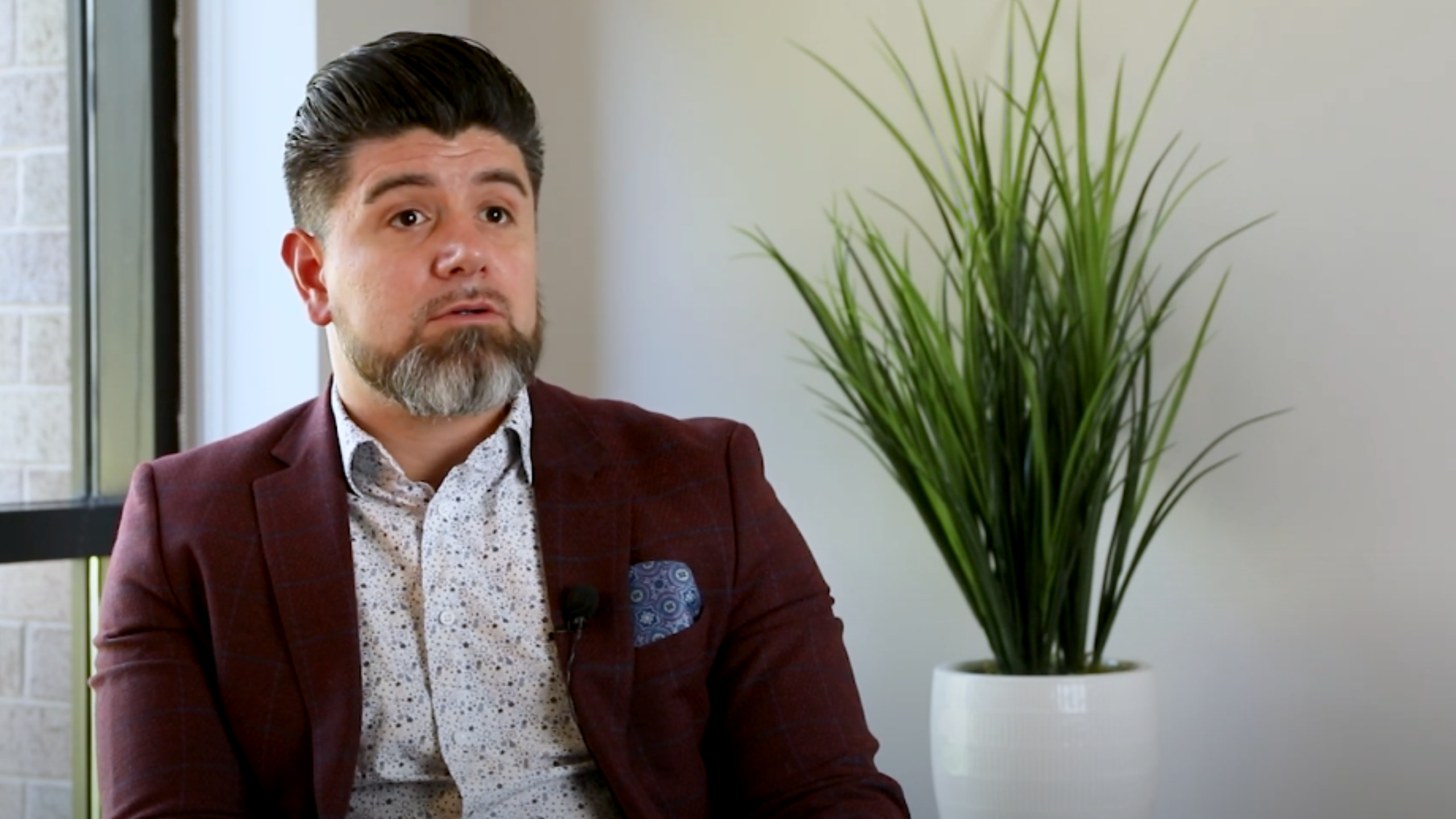
Client-centered, evidence-based addiction treatment. Lifetime support in recovery.
STR Behavioral Health is a Joint Commission-accredited provider of medical detox and addiction treatment for drug and alcohol use disorders, serving Pennsylvania and surrounding areas.
Our commitment goes beyond helping you stop drinking or using drugs. While sobriety is crucial, it doesn’t lead to long-term recovery on its own. We focus on whole-person healing and empower you to make meaningful changes, allowing you to recover what matters most to you.
We create a safe environment where you can address the traumas and emotional pain you may be carrying. We provide the space and autonomy to express yourself authentically. We surround you with the tools, resources, and support you need to make connections, rediscover purpose, and find your path to lasting recovery.
Drug + Alcohol Addiction Treatment at STR
Who We Treat
Adults of all genders (18+)
Levels of Care
Medical detox, residential treatment, partial hospitalization program, intensive outpatient program, supportive housing
Payments Accepted
Commercial insurance, private pay
Medicare/Medicaid
Not accepted
24/7 Admissions
Same-day admissions and transportation for detox and residential (Up to 2 hours from facility)
Our Pennsylvania Rehab +
Treatment Center Locations
With locations across Pennsylvania, STR Behavioral Health provides safe, private environments where individuals can begin recovery through medical detox, residential rehab, and outpatient treatment. Our detox and residential programs offer 24/7 same-day admissions, ensuring help is available when it’s needed most, while outpatient services provide ongoing support for continued recovery.
-
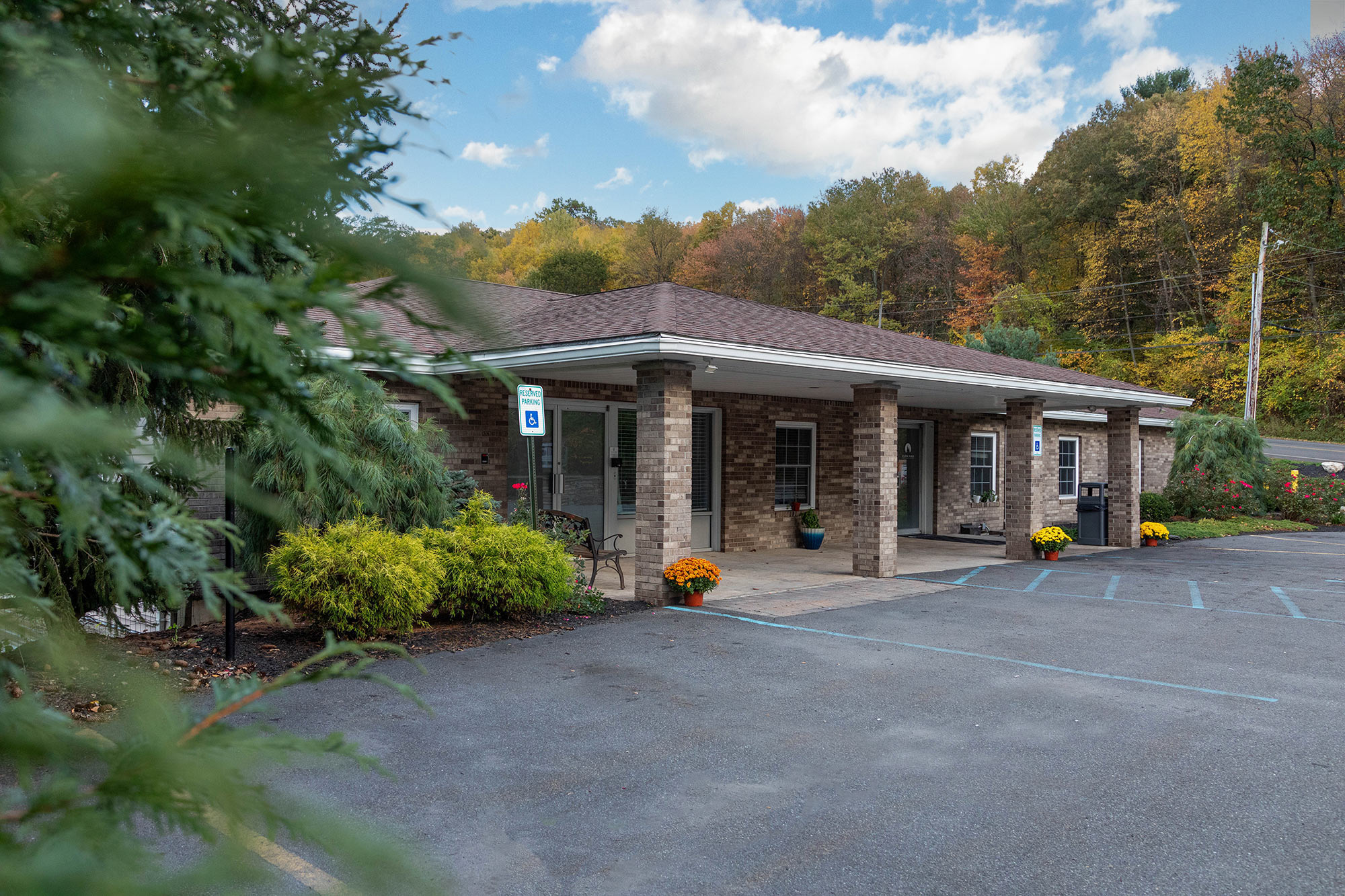
Silver Pines Detox + Residential
Medical detox and residential treatment for substance use disorder, alcohol use disorder, mental health disorders, and dual diagnosis.
-
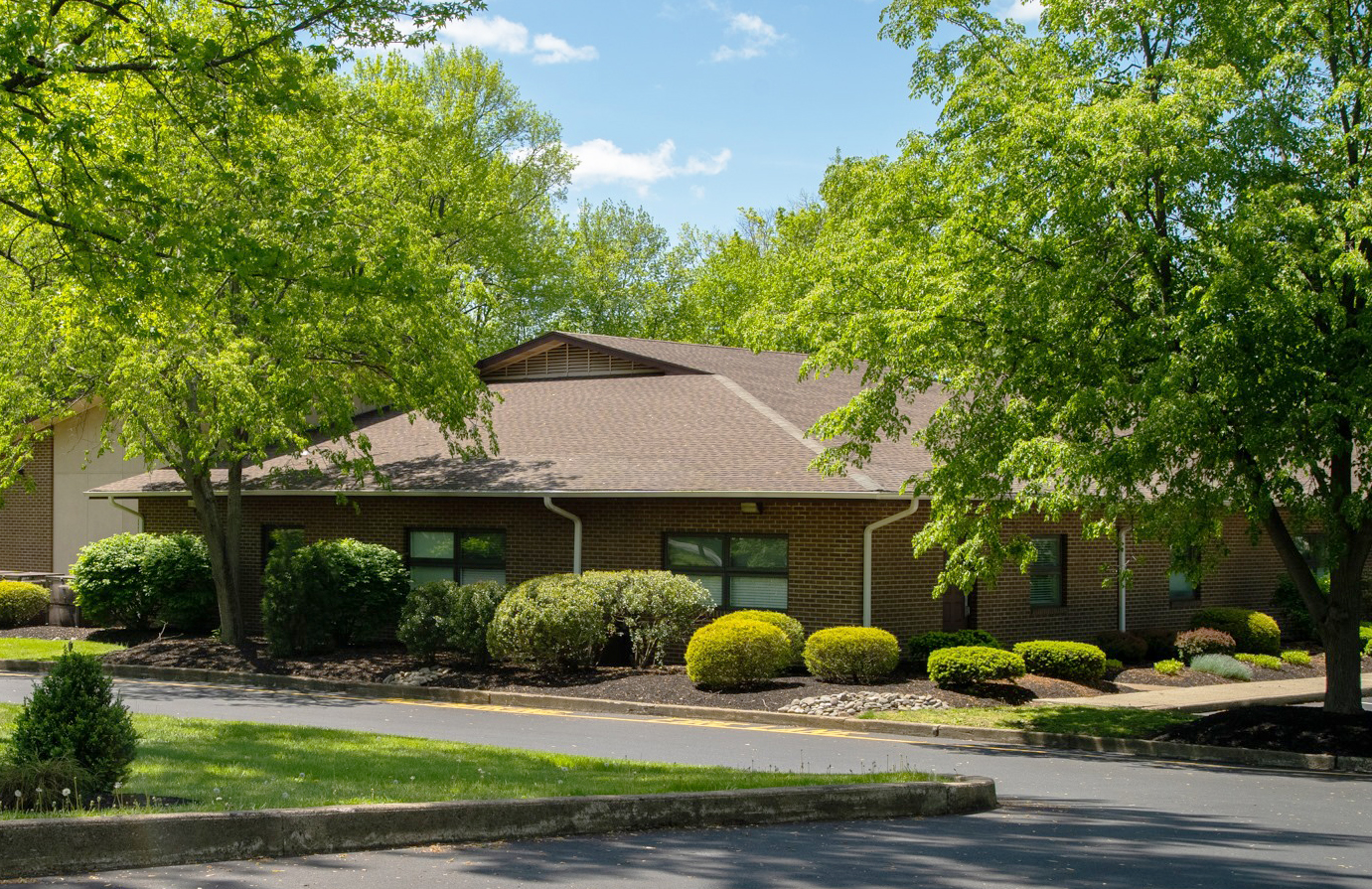
Bucks County Outpatient + Housing
PHP and IOP for mental health disorders, substance use disorders, and dual diagnosis, with supportive housing options.
-
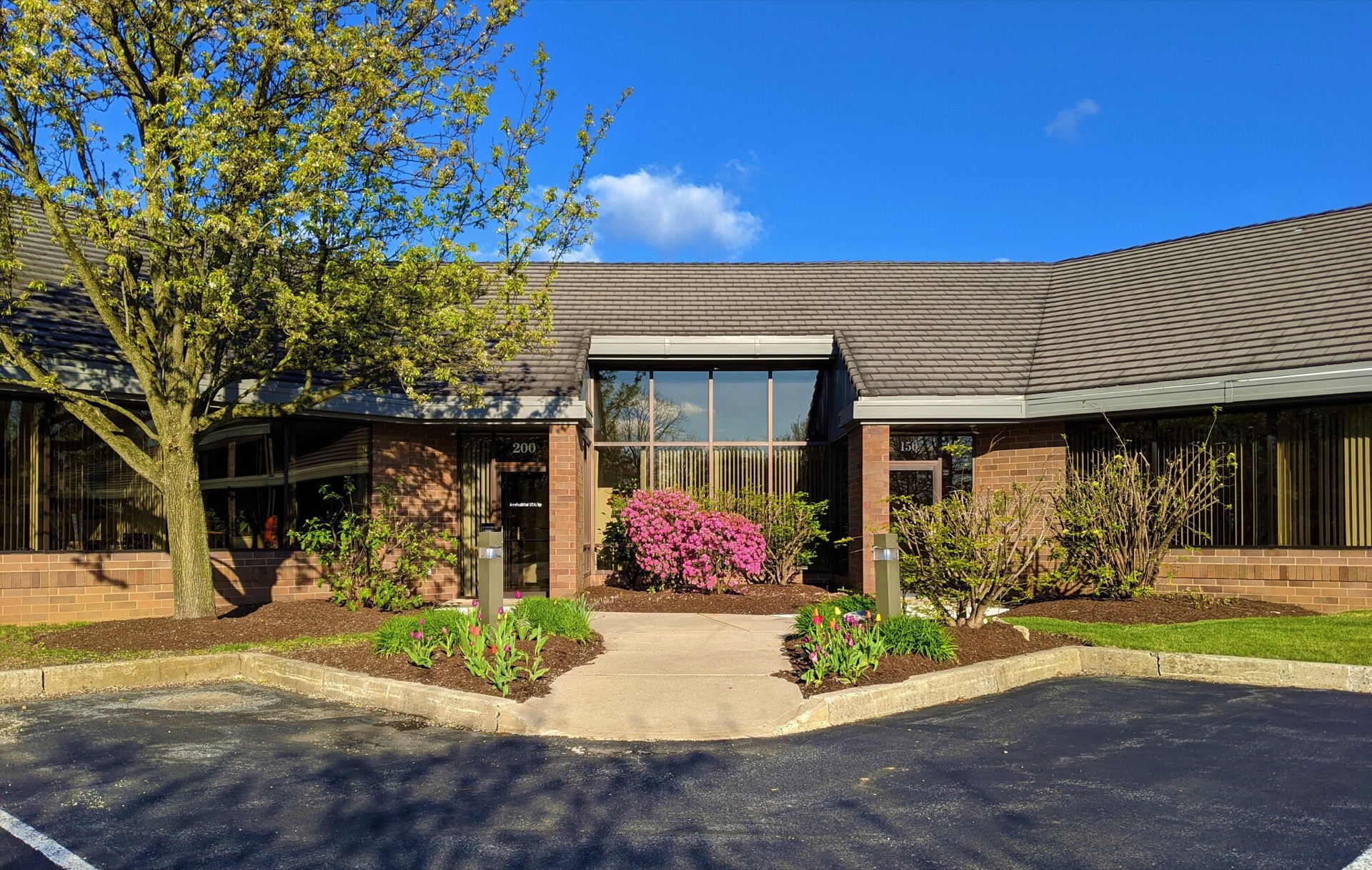
Lehigh Valley Outpatient
PHP & IOP for mental health disorders, substance use disorders, and dual diagnosis.
-
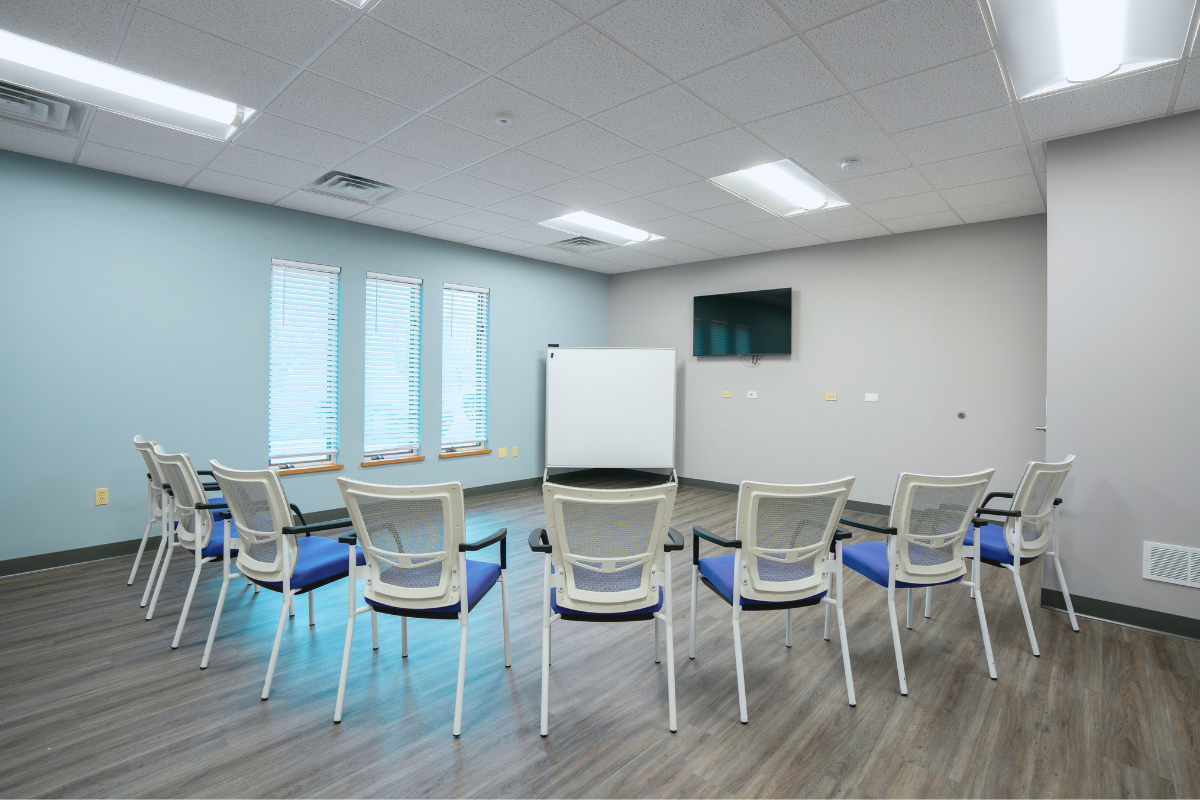
Lancaster Outpatient
Immersive outpatient treatment for addiction, mental health, and dual diagnosis in Pennsylvania.
Why choose STR for mental health + substance use disorder treatment?

One facility for both medical detox + rehab

Specialized detox protocols

24/7 food support with dietary accommodations

Multidisciplinary clinical team + staff

Medication-assisted treatment (MAT)

Dual diagnosis treatment for co-occurring disorders
What We Treat
Our specialized programs offer guidance, evidence-based care, and a supportive community to help you overcome substance abuse and reclaim your life.
Levels of Care
Our comprehensive continuum of care provides step-by-step support for individuals with co-occurring disorders — from medical detox and stabilization to residential treatment and structured outpatient programs. Each level is designed to meet clients where they are and guide them toward lasting recovery.
Medical Detox
Medical detox that prioritizes your comfort, safety, and recovery.
Residential Treatment
24/7 supervision, support, and intensive daily treatment in a serene, non-hospital environment.
Partial Hospitalization
Program
Structured daily treatment that allows for great personal independence.
Intensive Outpatient
Program
Continued care with flexibility to accommodate work, school, and family responsibilities.
Supportive Housing
Safe, affordable, recovery-focused housing for clients in treatment.
FAQs
Drug + Alcohol Addiction
What is drug and alcohol addiction?
Drug and alcohol addiction — also known as substance use disorder (SUD) — is a chronic brain disease characterized by compulsive use of substances despite negative consequences. Research shows that more than 20 million people in the United States are living with an SUD in any given year, highlighting how widespread this condition is.[1]
Addiction develops gradually, often beginning with recreational or prescribed use that escalates over time. Substances alter the brain’s reward system, making it increasingly difficult for individuals to control their impulses or stop using — even when faced with serious health, social, or legal problems. Over time, the brain becomes dependent on drugs or alcohol to function, which creates tolerance and withdrawal symptoms when use is reduced or stopped.
Multiple factors increase vulnerability to developing an SUD, including genetics, early exposure, co-occurring mental health conditions, environmental influences, and a history of trauma or chronic stress. Because addiction is progressive and impacts both physical and mental health, recognizing it as a medical condition — and treating it as such — is essential for recovery.
Reference: Substance Abuse and Mental Health Services Administration. (2023, November 13). National survey on drug use and health.
What are the symptoms of drug and alcohol addiction?
The symptoms of drug and alcohol addiction can vary depending on the substance being used, how long it has been used, and the individual’s overall health. For example, someone struggling with alcohol use disorder may experience blackouts, tremors, or irritability when not drinking, while someone using opioids may face drowsiness, constricted pupils, and withdrawal symptoms between doses.
Common signs and symptoms of drug and alcohol addiction may include:
- Cravings – Strong urges or preoccupation with obtaining and using substances
- Tolerance – Needing larger amounts of drugs or alcohol to feel the same effects
- Withdrawal symptoms – Experiencing nausea, sweating, shaking, anxiety, or insomnia when not using
- Loss of control – Difficulty cutting back or stopping substance use despite repeated attempts
- Neglecting responsibilities – Declining performance at work, school, or home
- Risky behavior – Driving under the influence or engaging in unsafe activities while impaired
- Social withdrawal – Pulling away from friends, family, or once-enjoyed activities
- Physical changes – Noticeable weight loss, changes in appearance, or poor hygiene
- Relationship strain – Increased conflict or breakdown of personal and professional relationships
Because these symptoms often worsen over time, early recognition and professional treatment are essential to stop the cycle of addiction and prevent further harm.
What is medical detox + who needs it?
Medical detox is a clinically supervised process that safely manages withdrawal when stopping alcohol or drugs. It’s recommended when abrupt cessation could trigger moderate to severe withdrawal, which may be uncomfortable and, for some substances, dangerous. Alcohol, opioids, and benzodiazepines are the most common substances requiring supervision because withdrawal can involve seizures, severe anxiety, hallucinations, unstable vital signs, and intense cravings.
A professional assessment — including substance use history, co-occurring conditions, and current medications — determines whether detox is necessary and how it should be tailored. At STR, individuals receive 24/7 monitoring, support from licensed clinicians, and, when appropriate, evidence-based medications to reduce symptoms, ensure safety, and prepare for the next step in treatment.
After medical detox, many clients transition directly into residential treatment, where they can focus on recovery in a structured, supportive setting. Residential programs deliver daily individual and group therapy, psychiatry, education, and skills practice to address the root causes of substance use and any co-occurring mental health conditions.
As stability improves, we create an individualized step-down plan — often to partial hospitalization (PHP), intensive outpatient (IOP), and/or outpatient — that provides ongoing therapy, medication management, and relapse prevention while clients reintegrate into work, school, and family life. This comprehensive continuum of care, reinforced by coordinated aftercare and alum support, helps maintain momentum and promotes long-term recovery.
Why is drug and alcohol treatment necessary?
Substance use disorders are chronic medical conditions that change brain chemistry and impair judgment, stress response, and self-control — making it hard (and sometimes unsafe) to quit without help. Professional treatment provides the medical oversight, structure, and accountability needed to break the cycle of use and relapse and to build a stable life in recovery.
What evidence-based treatment adds beyond “willpower” or detox-only:
- Medical + psychiatric care – Comprehensive assessment, withdrawal management, and medications for addiction treatment (MAT) when appropriate.
- Therapy that works – Individual and group therapies (e.g., CBT/DBT), trauma-informed care, and skills training for cravings, emotion regulation, and relapse prevention.
- Integrated care for co-occurring conditions – Simultaneous treatment of anxiety, depression, post-traumatic stress disorder (PTSD), and other mental health concerns that often drive substance use.
- Family support + education – Improves communication, boundaries, and long-term stability.
- Continuum of care – Step-down options (residential → PHP → IOP), coordinated aftercare, and alum/community support to sustain gains.
Bottom line: Effective treatment addresses the physical, psychological, and behavioral aspects of addiction together — helping people achieve sobriety, restore health and relationships, and maintain long-term recovery.
We’re committed to providing life-changing treatment at every level. Here’s what members of our community say about us.
“I had an excellent experience in my 30-day residential stay for SUD treatment. The staff was friendly and helpful the entire time. The facility was clean and comfortable. Also, the food was amazing! I highly recommend this place to anyone suffering and in need of a caring facility to help them.”
—Grateful Alum
Contact Us
Take the first step toward recovery today. Call now to connect with a compassionate team member who will answer your questions and guide you through the admissions process.
Prefer we reach out to you? Complete our contact form, and we’ll be in touch soon.
Admissions